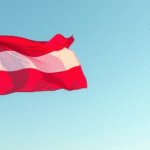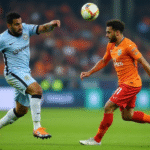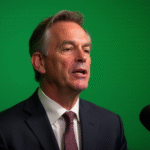Introduction to Donald Trump at the 2018 G7 Summit
At the 2018 G7 summit, President Donald Trump was an enigma to his counterparts. Despite having spent nearly a year and a half in the White House during his first term, his well-known brashness left other leaders expecting institutionalism from the President of the world’s leading power. However, Trump’s behavior during that summit in Quebec, Canada, was far from institutional. He arrived late, left before the meeting concluded, displayed gross mistreatment towards host Justin Trudeau, threatened trade wars, and disregarded the final agreement after it was signed and published.
Trump’s Evolution and Impact by 2025
Compared to the 2018 version, the President of the United States in his second term by 2025 has already triggered a trade war impacting the global economy, played a significant role in Trudeau’s departure from Canadian power, and exhibited consistent authoritarian tendencies, moving away from Western democratic values.
The Inevitability of Engaging with the U.S. President
Despite these challenges, engaging with the U.S. President remains indispensable due to America’s status as the world’s wealthiest and most militarily powerful nation. Leaders from G7 peers to guests like Mexico’s President Claudia Sheinbaum will need to master the art of dealing with such significant hurdles over these couple of days.
The G7: A Negotiation Forum for Global Economic Powers
The G7 serves as a negotiation mechanism for the seven largest democratic economies in the world: the United States, Canada, Germany, Japan, the United Kingdom, France, Italy, and the European Union. Notably absent are China and Russia, significant economic and military powers that cannot be classified as democratic nations.
Trump’s Current Standing and Challenges
Fifteen months after returning to power, Trump’s leadership shows increased radicalism but also signs of cracks in his initially impenetrable armor. In terms of trade, his approach can be summarized as TACO (Take America First, Cancel Obligations, Offshore jobs). Globally, he appears to have little influence over leaders like Russia’s Vladimir Putin and Israel’s Benjamin Netanyahu, who seem to ignore him.
The Limits of Populist Authoritarianism
Domestically, Trump experienced a reality check over the weekend when he couldn’t fulfill his populist-authoritarian dream of captivating masses with rhetoric or controlling them through force. His opponents’ well-organized demonstrations revealed an unexpected vulnerability that was unforeseen until the previous week’s end.






